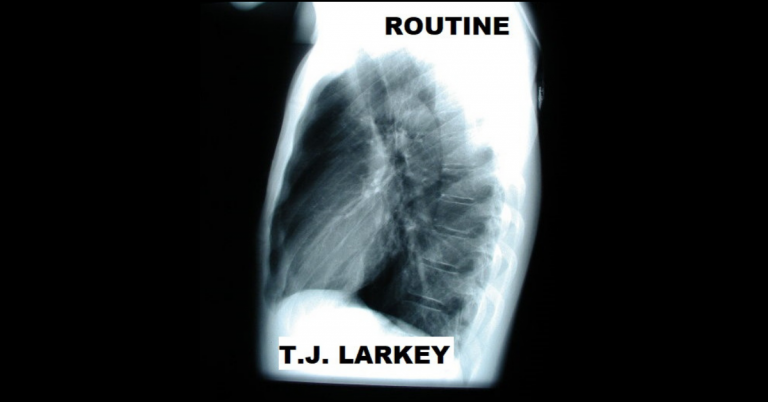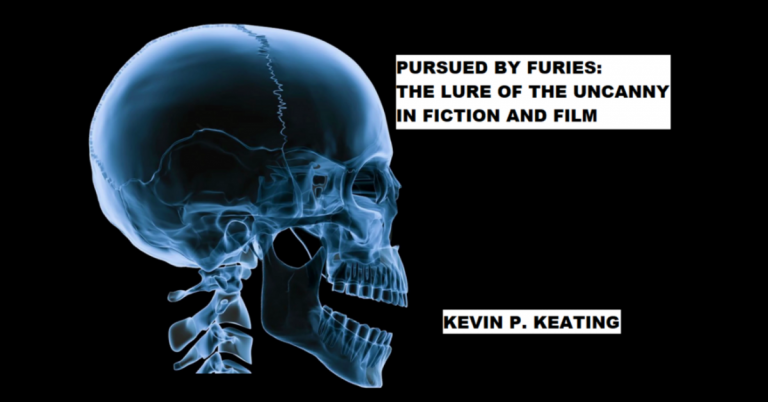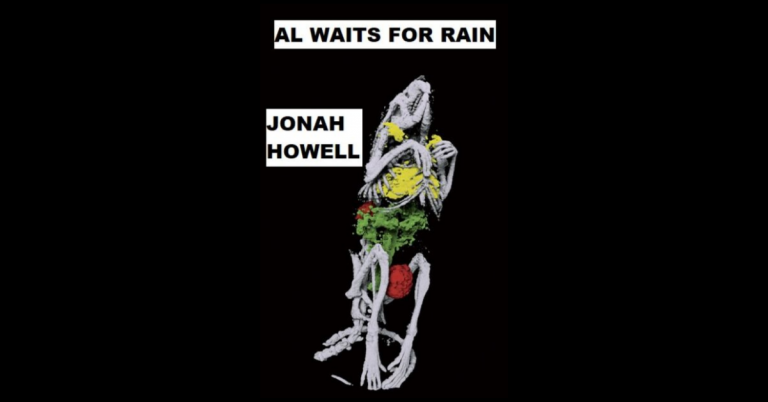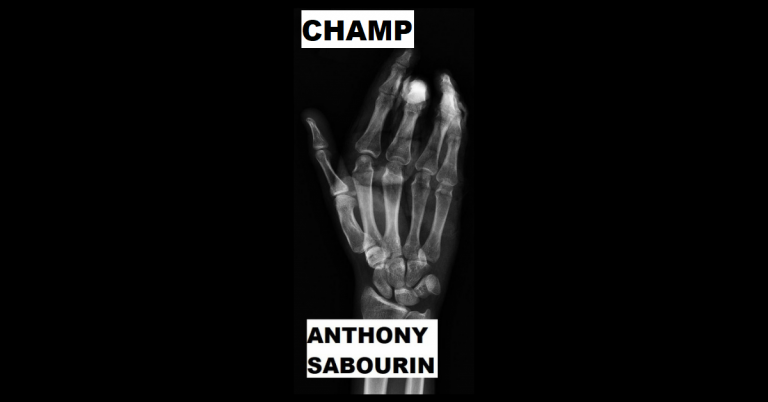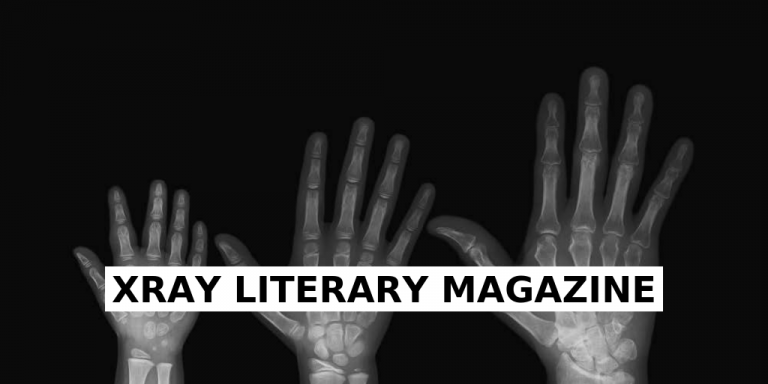
LUCY by Paul Nevin
Lucy saw me first, so I didn’t have a chance to avoid her this time. We were standing on opposite sides of the narrow road that ran along the beach, her by the sea and me in front of the shops. She had one hand at her hip, thumb up and forefinger pointed at me. ‘Hey Craig!’ she shouted, and when I looked over she pretended to shoot me with her finger and blow imaginary smoke from its tip. I clutched at my chest, which was the accepted response to this little in-joke of ours, while Lucy laughed and mimed

